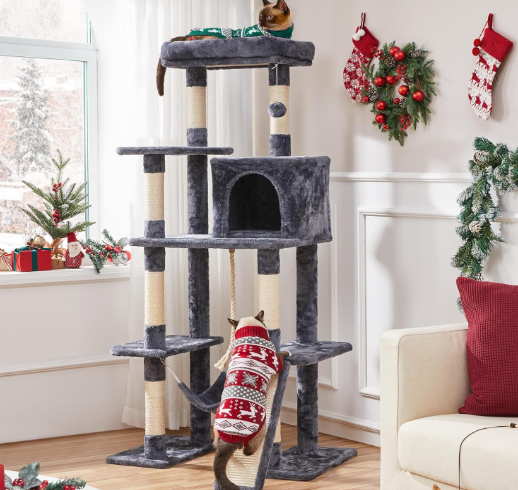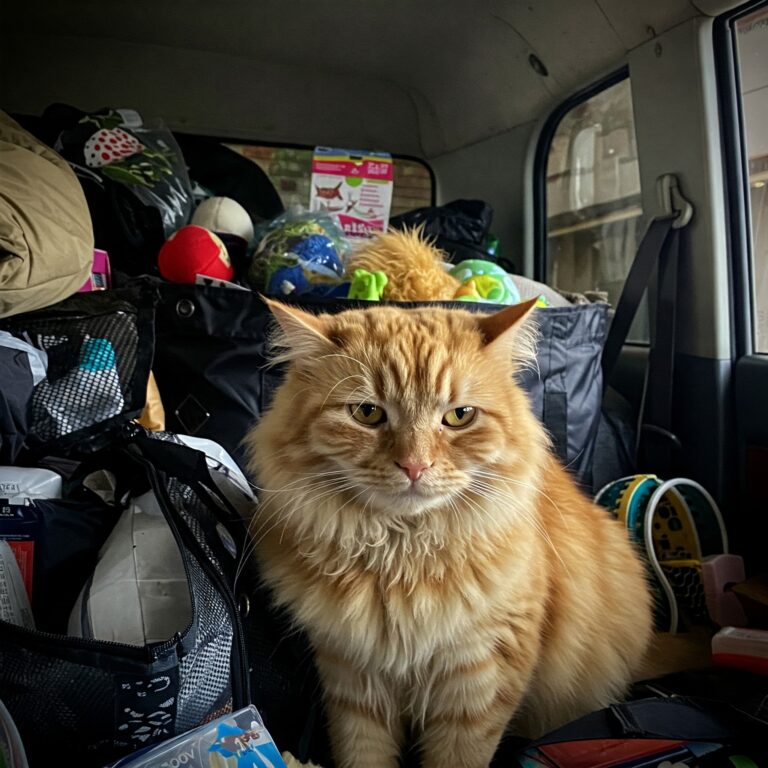
Why Is My Cat Meowing at Night? Understanding Nocturnal Feline Behavior
If your cat is meowing at night and keeping you awake, you’re not alone. Many cat owners face the same nightly vocal performances and wonder: Why is my cat so vocal after dark? The good news is that your feline friend isn’t meowing for no reason. Understanding the cause can help you address the behavior and get a better night’s sleep.
Table of Contents
1. Your Cat Is Naturally Nocturnal
Cats are crepuscular by nature, meaning they are most active during dawn and dusk. However, indoor cats often adapt to our schedules, and if they aren’t getting enough stimulation during the day, their natural instincts might kick in at night.
Solution:
- Engage your cat in play sessions before bedtime.
- Use interactive toys to tire them out.
- Feed them a small meal before sleep, mimicking the hunt-eat-sleep cycle.
2. Hunger or Thirst
If your cat’s food bowl is empty, it might be their way of saying, “Feed me!” Some cats associate nighttime with meal times, especially if they’ve been rewarded for meowing in the past.
Solution:
- Try an automatic feeder that releases food during the night.
- Make sure fresh water is always available.

3. Seeking Attention or Loneliness
Cats can get lonely, especially if they’re used to a lot of interaction during the day. Meowing at night may be your cat’s way of asking for company or attention.
Solution:
- Consider adopting a second cat for companionship.
- Leave a worn shirt or blanket with your scent to comfort them.
- Use a calming diffuser (like Feliway) to ease anxiety.
4. Medical Issues or Discomfort
Sudden excessive meowing, especially in senior cats, could be a sign of pain, cognitive dysfunction, or hyperthyroidism. If this behavior is new or unusual, don’t ignore it.
Solution:
- Visit a veterinarian for a check-up to rule out underlying health issues.

5. Territorial Behavior or Mating Calls
Unneutered cats may yowl at night to attract mates or mark their territory. This is more common in cats that can see or hear other animals outside.
Solution:
- Spay or neuter your cat.
- Keep windows closed or use blackout curtains to reduce outside stimuli.
6. Environmental Factors
Your cat may be reacting to noises, lights, or other environmental triggers that humans don’t notice at night.
Solution:
- Provide a quiet, dark sleeping space.
- Use white noise machines or soft music to reduce disruptive sounds.
Final Thoughts
Nighttime meowing can be frustrating, but it often has a solvable cause. Observe your cat’s behavior, make some changes to their routine, and don’t hesitate to consult a vet if things don’t improve. With patience and consistency, both you and your feline friend can enjoy more restful nights.


